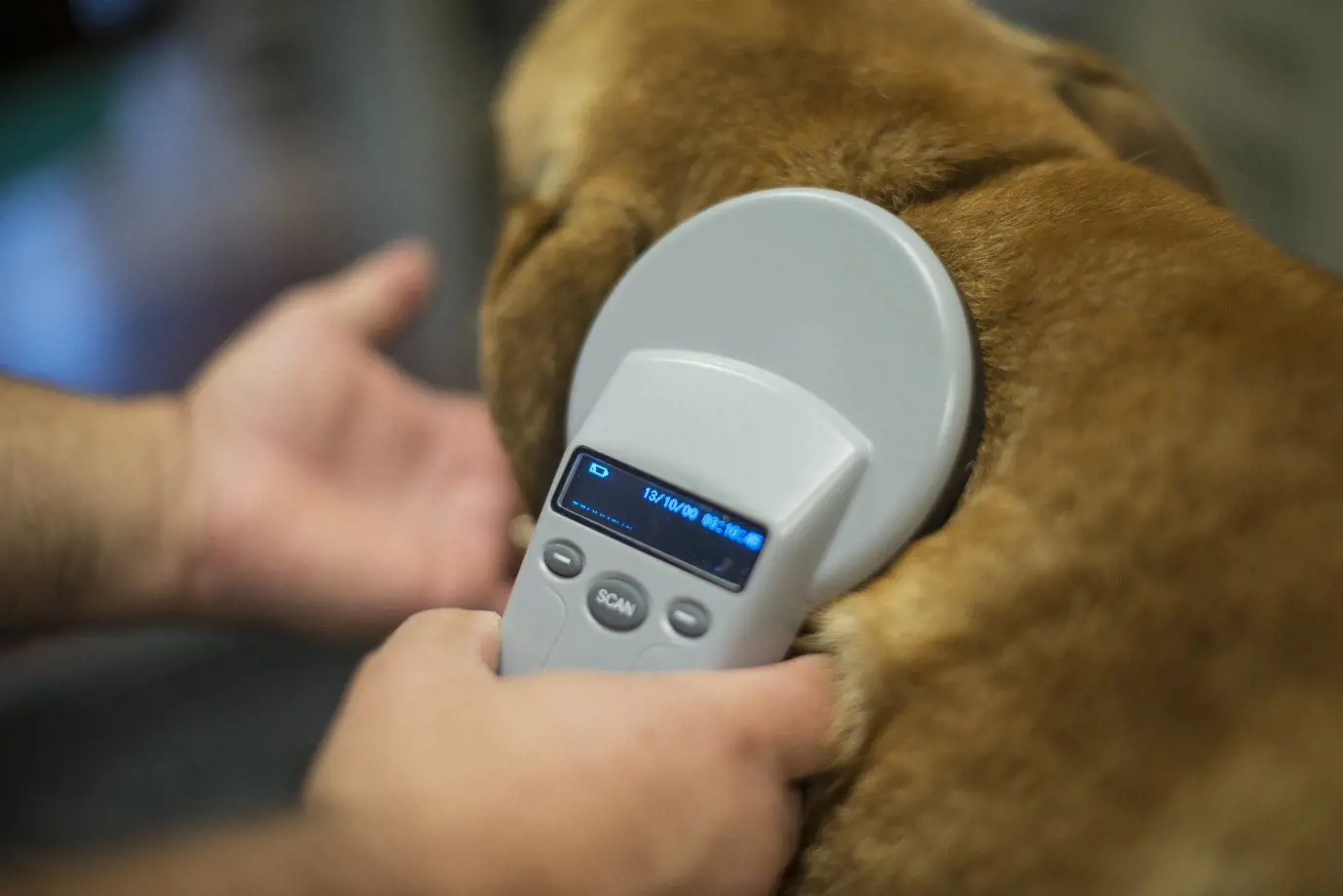Understanding German Shepherd lifespan and nurturing their health
19th September, 2024

German Shepherds are revered for their protective nature and intelligence. These traits make them a favourite amongst many families, police forces, and military units around the globe. However, like every other living being, they have a finite lifespan. We will explore the typical lifespan of a German Shepherd, the common health problems they may face, and how you can help prolong their life.
How long do German Shepherds live?
The lifespan of a German Shepherd varies, with reports suggesting an average lifespan of between 9 and 13 years. However, with the right care, some German Shepherds are known to live beyond their average lifespan, even reaching their late teens.
Factors influencing German Shepherd life expectancy
Several factors can impact the lifespan of a German Shepherd, some of which are within our control.
Genetics
The dog breeds genetic makeup and breeding practices can significantly affect a German Shepherd's longevity.
Diet and nutrition
A balanced diet is essential for maintaining a German Shepherd's health. Overfeeding large dog breeds can lead to obesity, putting extra strain on their joints and leading to other health problems.
Exercise
Regular exercise is essential for a German Shepherd's physical and mental wellbeing. This maintains their weight and reduces the risk of health issues such as joint problems and heart disease.
Regular health check-ups
Regular visits to the vet can help identify potential health problems early, increasing the chances of successful treatment and prolonging a dog's life expectancy. Preventative treatment however, is not covered by dog insurance at Purely Pets.
Common health issues
German Shepherds, like other breeds, are prone to specific health issues. Being aware of these can help owners take necessary precautions and seek early treatment.
Hip Dysplasia
Hip dysplasia is a common issue in German Shepherds, where the hip joint develops abnormally. It can lead to arthritis, joint pain, and lameness. Genetics often cause it, but factors like rapid growth, nutrition, and exercise type can influence its development.
Bloat (Gastric Dilatation Volvulus)
Bloat is a severe condition where the dog's stomach fills with gas and can twist. It is common in deep-chested dogs like German Shepherds and can be life-threatening if not treated immediately.
Degenerative Myelopathy
Degenerative Myelopathy is a progressive disease of the spinal cord leading to lameness and paralysis. It is a common issue in middle-aged to older German Shepherds.
Enhancing German Shepherd health and lifespan
While you cannot prevent all health issues, there are ways to enhance your German Shepherd's overall health and potentially extend their lifespan.
Balanced diet and nutrition
Feeding your German Shepherd high-quality food that meets their nutritional needs can support their overall health. Make sure to maintain a balanced diet and avoid overfeeding.
Regular exercise
Regular exercise helps maintain your German Shepherd's weight and supports their physical and mental wellbeing. The type and amount of exercise should be appropriate for their age and health condition.
Regular vet visits
Regular check-ups can help identify potential health issues early. Necessary vaccinations and preventative medicines should be up-to-date.
Mental stimulation
Providing your German Shepherd with mental stimulation can enhance their mental wellbeing. This can be achieved through training, puzzle toys, or interactive games.
Conclusion
While the lifespan of a German Shepherd may not be as long as some other breeds, with proper care and attention, they can lead a fulfilling and healthy life. Understanding this popular dog breed, their common health issues and factors affecting their lifespan can help owners provide the best possible care for their beloved pets.
If you're considering getting a German Shepherd, ensure you have the appropriate pet insurance to cover any potential health issues. To get a dog insurance quote, you can get in touch with our team on 0330 102 5748 or get a quote through our website.
Frequently asked questions
Can a German Shepherd live 20 years?
A German Shepherd is not just a pet, but a family member who fills our lives with joy and companionship. However, when it comes to their lifespan, reaching the milestone of 20 years is quite rare.
On average, a healthy German Shepherd is expected to live between 9 to 13 years. Although this may seem short, remember that every moment with your furry friend is precious. Proper care, regular check-ups, balanced diet and love can provide them with a healthy and happy life.
Do German Shepherd dogs shed?
These dogs have a double coat of fur that is continuously growing and shedding. While they do shed all year round, there are two times a year when they blow their undercoat, which can result in a lot of hair around your home. But don't let this deter you; German Shepherds are incredibly loyal, intelligent, and make great family pets. Just be prepared to take care of your dog's coat.
Do German Shepherds bark a lot?
The answer is not a simple yes or no, as it largely depends on their individual personality and training. Typically known for their intelligence and loyalty, a German Shepherd dog is often protective, which can lead them to bark more frequently in certain situations such as when they sense danger or unfamiliarity. However, with proper training and socialisation from a young age, they can be taught to control their barking.
How are German Shepherd puppies?
A German Shepherd puppy can be bundles of joy, full of energy and curiosity. From the moment they open their eyes, they're ready to explore the world and learn new things. A German Shepherd puppy require a lot of mental and physical stimulation to keep them happy and healthy.
Helpful Pages
Recent Posts
Pet Insurance Quote
- 98% claims paid *
- Claims paid directly to vets
- 24/7 vet video consultations
- Interest free monthly payments




